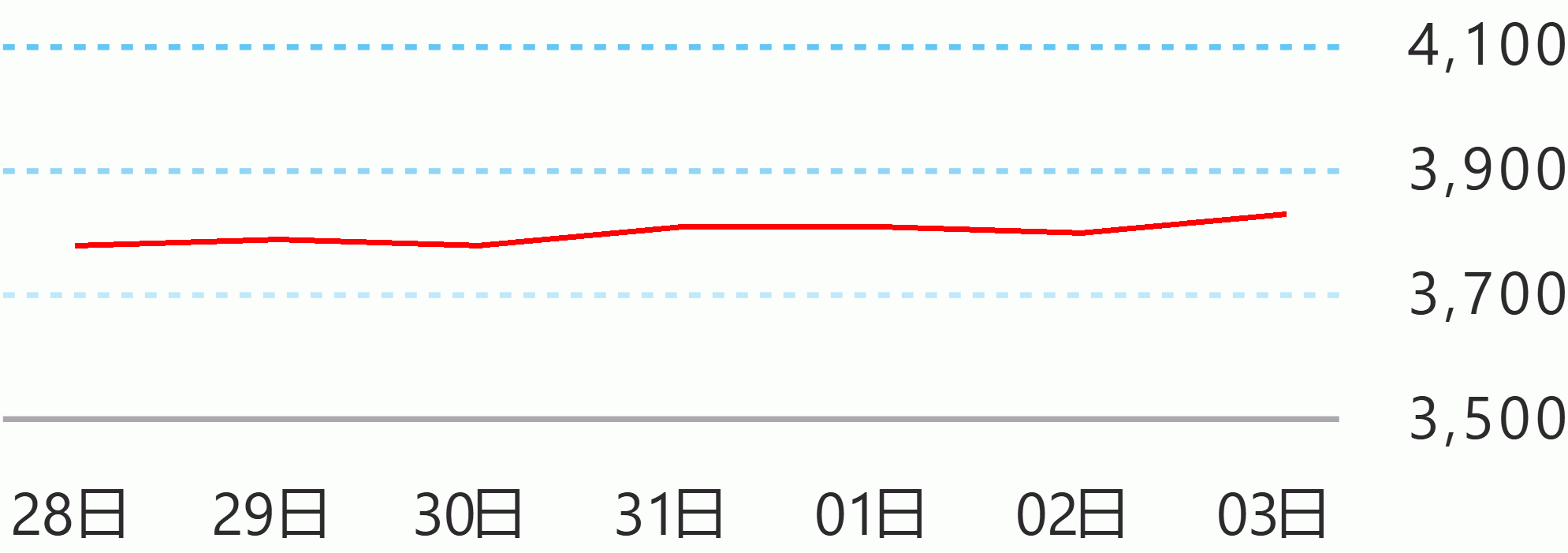The Philippines and the United States will expand the cyber defense exercises in the Balikatan drills which begin on April 22 to May 10, an official of the Armed Forces of the Philippines (AFP) said.
Col. Michael Logico, the Executive Agent of Balikatan 2024, said they would focus equally on the physical and non-physical domains of the joint military drills.
“We are putting equal importance to both the physical and the non-physical domains. So now we have the introduction of the information warfare exercise and we are further expanding our cyber defense exercise to also include other government agencies, not just the AFP,” Logico told the Foreign Correspondents Association of the Philippines (FOCAP) Wednesday.
“We are exercising particularly in the area of information warfare and cyber defense. That is part of the C2X or the command and control exercises, which is focused on the decision-making cycle of the joint command, the joint task force of both the AFP and the US. So that takes care of the non-physical domain,” he said.
“On the physical domain, we have field training exercises that are focused on the northern portion of the country and also the West in particular, as far north as Batanes and on the western side of Palawan,” he added.
Among the exercises that will be included are live fire exercises, High Mobility Artillery Rocket System (HIMARS) insertion, multilateral maritime exercise, an integrated air and missile defense drill; and a maritime strike that involves the sinking of a decommissioned ship.
Logico said that the maritime strike would be done off the coast of Laoag.
He said some smaller drills will be conducted on Mavulis Island in Batanes.
Mavulis Island is the northernmost part of Batanes and it is located 140 kilometers from Taiwan.
It is also the country’s northernmost island.
Logico said around 11,000 US troops and about 5,000 Filipino soldiers will be joining this year’s Balikatan exercises, together with several government agencies.
Government agencies that will be participating in the drills include the Philippine Coast Guard (PCG), the Philippine National Police (PNP), the Department of Information and Communications Technology (DICT), and the Office of Civil Defense (OCD).
According to Logico, the participation of other government agencies in the exercises was meant to “bridge that gap between policy and operations”. Jaspearl Tan/DMS





 English
English










